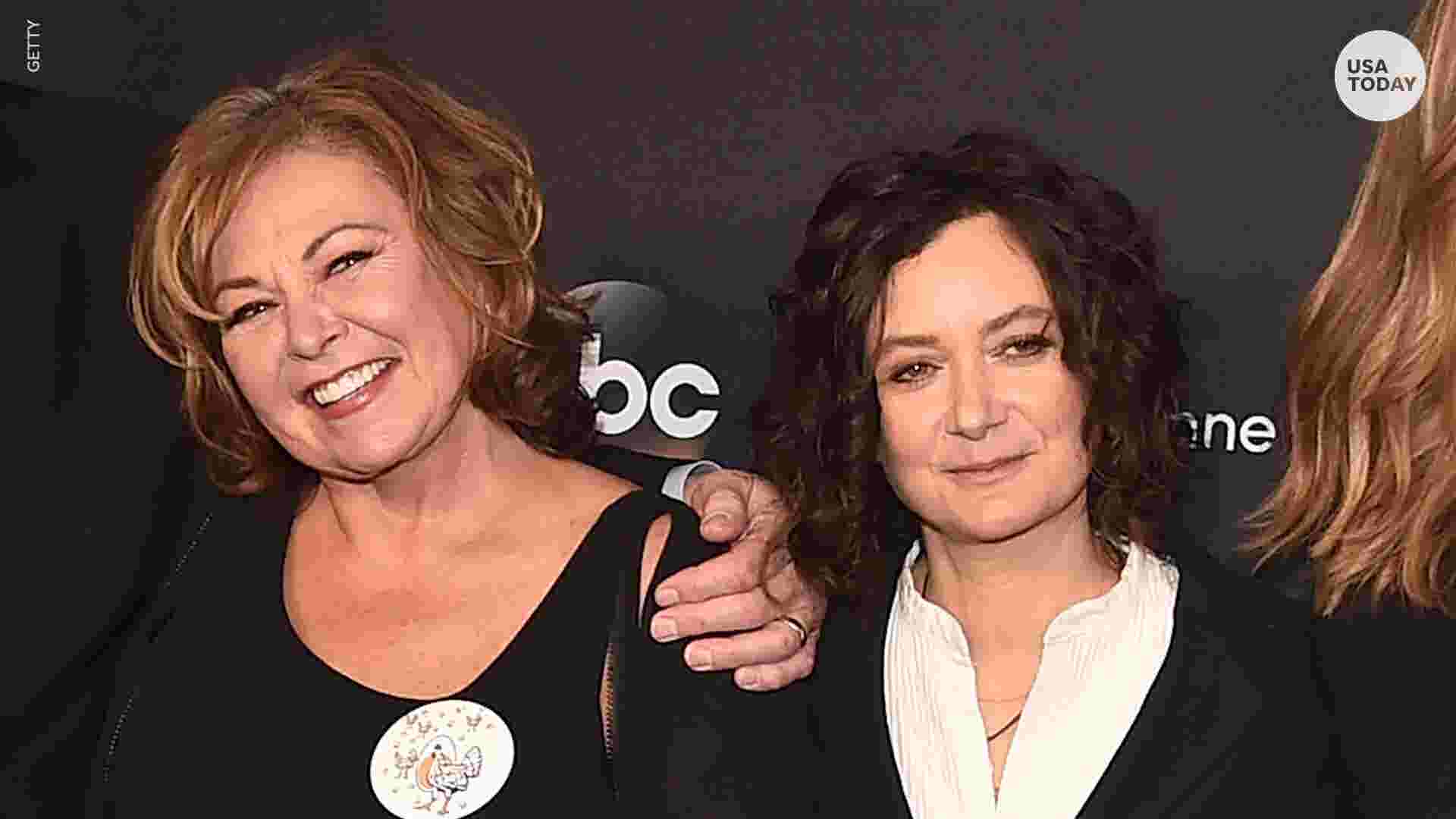HPK
Roseanne Barr's Provocative Rap Slam Against Eminem Sparks Outrage And Amusement

Roseanne's Rap Slam Against Eminem: Outrage or Amusement?
A Critical Examination of a Controversial Rap Slam
Roseanne Barr, known for her outspoken nature, recently ignited a social media storm with a provocative rap slam targeting Eminem. The rap, which quickly went viral, has sparked both outrage and amusement, leaving the public divided.
Eminem's Response and Public Backlash
Eminem, one of the most acclaimed rappers globally, responded to Barr's rap with a diss track titled "The Sauce." The track mocked Barr's appearance, age, and mental health while accusing her of racism and homophobia. The response ignited a fierce backlash against Barr, with many condemning her for her hateful and disrespectful lyrics.
Barr's Defense and Apology
In the aftermath of the controversy, Barr apologized for her actions. She claimed that her rap was a joke taken out of context and that she had no intention of hurting or offending Eminem. She also stated that she suffers from mental illness, which may have contributed to her behavior.
Perspectives and Criticisms
The incident has sparked a diverse range of perspectives on freedom of speech, hate speech, and the role of celebrities in society.
Freedom of Speech and Artistic Expression
Some argue that Barr's rap is protected by the First Amendment's guarantee of freedom of speech. They contend that artists should be allowed to express themselves creatively, even if their words offend others.
Hate Speech and Harmful Language
Others condemn Barr's rap as hate speech, arguing that it perpetuates harmful stereotypes and incites violence against marginalized groups. They emphasize the importance of holding public figures accountable for using derogatory language.
Mental Health and Celebrity Responsibility
Barr's mental health has also been a topic of discussion. Some believe that her apology and explanation should be considered in light of her condition. However, others question whether mental illness should exempt celebrities from criticism for harmful behavior.
Research and Data
Research suggests that hate speech can have severe consequences for the targeted groups. A study by the Anti-Defamation League found that over 25% of LGBTQ+ youth have experienced cyberbullying due to their sexual orientation or gender identity.
Additionally, a study by the Pew Research Center indicated that nearly 70% of Americans believe that hate speech should not be protected by the First Amendment.
Conclusion
Roseanne Barr's provocative rap slam against Eminem has ignited a complex debate about freedom of speech, hate speech, and celebrity responsibility. While the First Amendment protects artistic expression, it does not shield individuals from accountability for harmful language that incites violence or discrimination.
The controversy highlights the need for a nuanced approach that balances freedom of expression with the protection of vulnerable communities. It also underscores the importance of holding celebrities accountable for their actions and promoting empathy and respect in public discourse.
Ultimately, the consequences of Barr's rap slam extend beyond the entertainment industry. It is a reminder that words have power and can have real-world implications. As society grapples with these complex issues, it is crucial to engage in thoughtful and informed discussions that promote inclusivity and respect for all.
